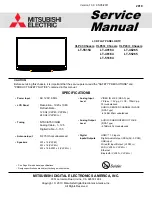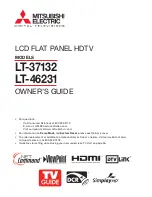
5.3 EMC-equitable cabling
Content of this section is the line routing of bus, signal and supply lines. Object of the line
routing is to suppress the "slurring" at parallel lines.
For an EMC-equitable routing of the lines it is convenient to divide the cables in different
groups and install each group itself:
Group A
n
screened bus and data lines
n
screened analog lines
n
unshielded lines for direct voltage
£
60V
n
unshielded lines for alternating voltage
£
25V
n
Coaxial cables for monitors
Group B
n
unshielded lines for direct voltage
>
60V and
£
400V
n
unshielded lines for alternating voltage
>
25V and
£
400V
Group C
n
unshielded lines for direct and alternating voltage
>
400V
Group D
n
Lines for H1 respectively TCP/IP
Following the table you may see the conditions for the cabling of the line groups by com-
bining the single groups:
Group A
Group B
Group C
Group D
Group A
[1]
[2]
[3]
[4]
Group B
[2]
[1]
[3]
[4]
Group C
[3]
[3]
[1]
[4]
Group D
[4]
[4]
[4]
[1]
[1]
The lines may be installed in common bundles or cable trusses.
[2]
The lines have to be installed in different bundles or cable trusses (without min.
distance).
[3]
The lines have to be installed in different bundles or cable trusses inside of
cubicles and outside of the cubicle but inside the building in separated cable
trusses with a min. distance of 10cm.
[4]
The lines have to be installed in different bundles or cable trusses with a min.
distance of 50cm.
Wherever possible, exterior cabling should be installed on metallic cable trays. A galvanic
connection must be provided for joints between cable trays. You must abide by the appli-
cable lightning protection and grounding regulations when installing exterior cables.
Line routing
Line routing inside and
outside of cubicles
Combination of groups
Line routing outside of
buildings
VIPA HMI
Installation Guidelines
EMC-equitable cabling
HB160 | TP-ECO | 62E-MHC0 | en | 17-01
73





































